
What is temperament in child development?
Key points: Temperament is innate and part of the unique wiring of each individual’s brain, separate from parenting skills. Temperament…
[cat_cust_menu]

Key points: Temperament is innate and part of the unique wiring of each individual’s brain, separate from parenting skills. Temperament…

Key points: The origins of shyness can be found in the temperamental reactivity of infants and the responsiveness of their…

Key points: Grandparents have an important role in a child’s development and can have measurable effects on each other’s psychological…
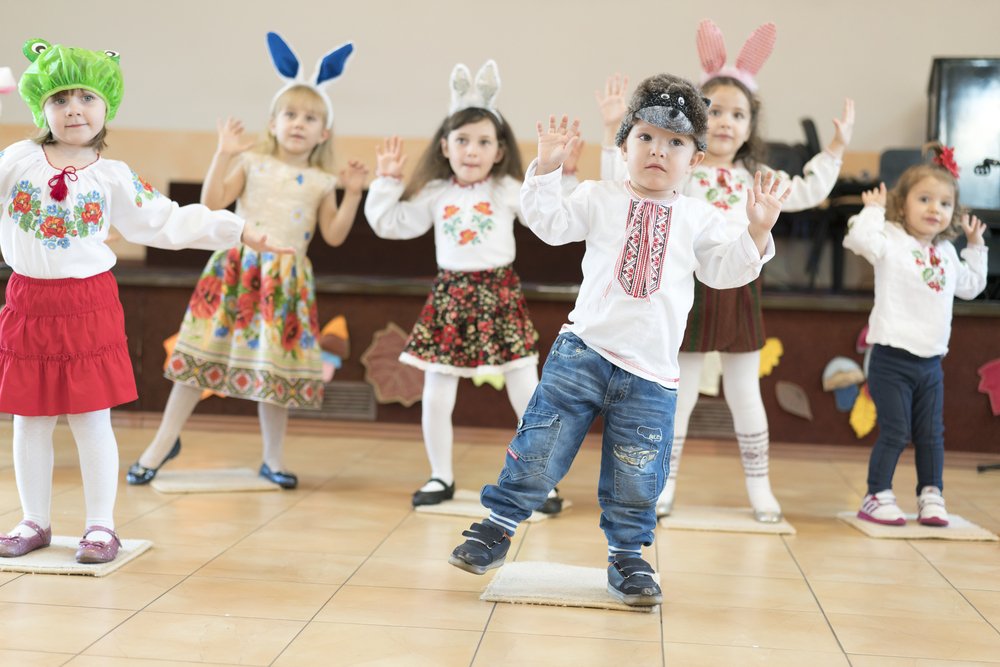
Key points: Children need cues and pauses to do the things we ask them to do. Music and obstacle courses…

Key points: Saying yes more often can help children be more tolerant of receiving no as an answer. The PART…

Key points:1. Music sparks joy, expression, and emotional learning in children.2. Musical interactions support toddlers in understanding and articulating emotions.3….

Key points:1. Secure attachment in early years is crucial for future emotional development.2. Positive environment fosters trust and self-awareness.3. Musical…

Key points:1. Music therapy can have significant positive effects on premature babies’ health and development.2. Music reduces stress levels and…

Key points:1. Music contributes to creating brain connections, enhancing cognitive development and communication skills in children.2. Music affects memory retrieval…

Key points:1. Scaffolding is a learning process in which adults provide support to children’s development, helping them connect existing knowledge…
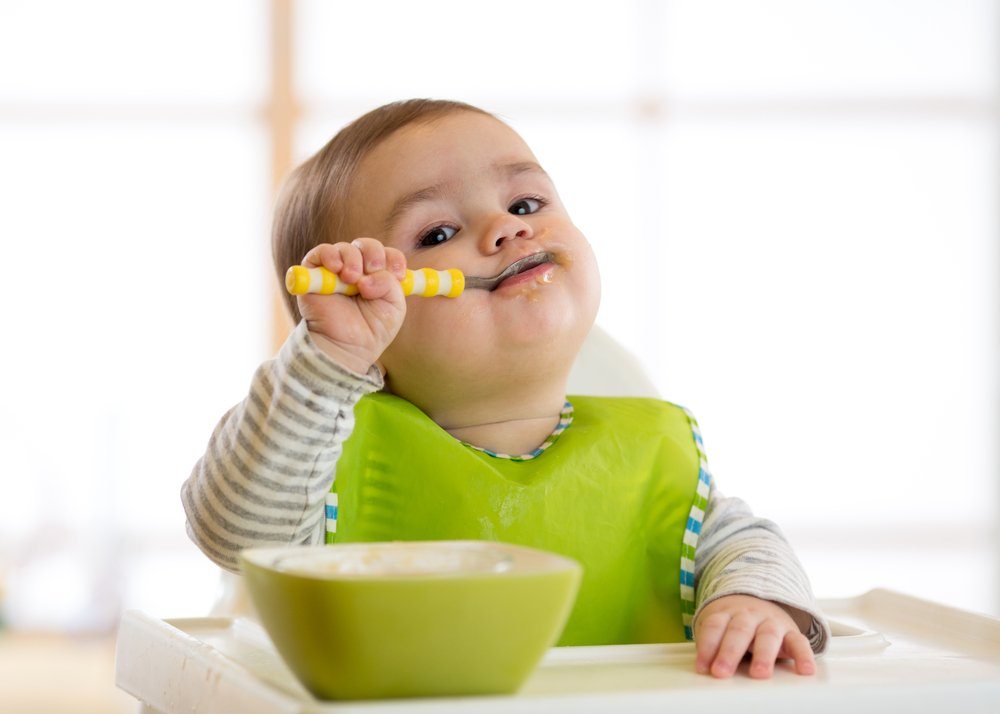
Key points:1. Between 8-12 months, expect your child to explore food and eating, which can be messy and playful.2. Encourage…
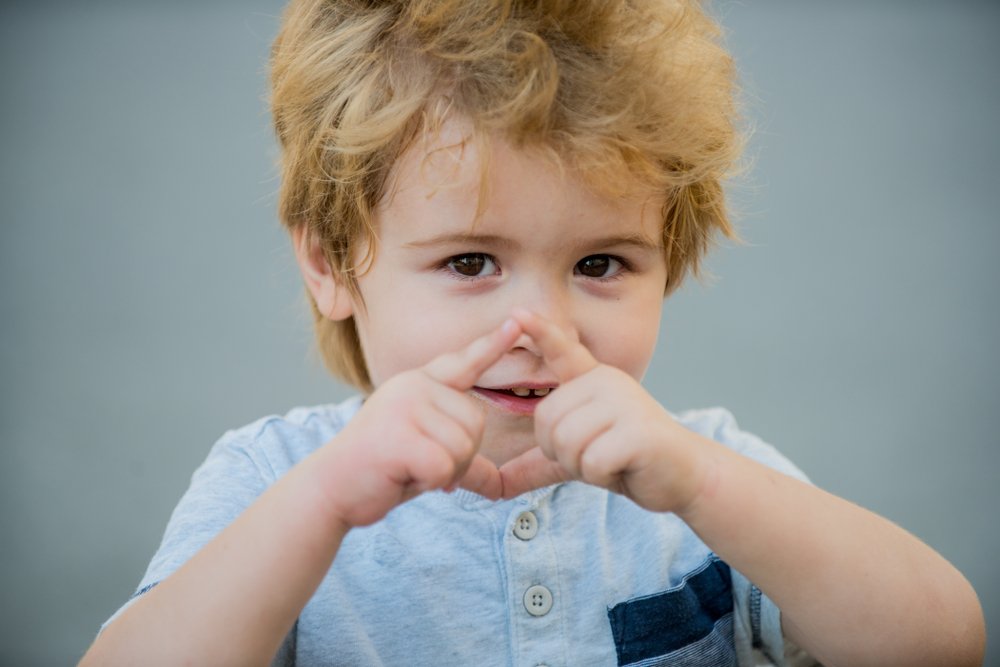
Key points: 1. Baby sign language encourages early communication. 2. It reduces frustration and supports language development. 3. Start with…

Key points:1. Children’s language development progresses in distinct stages during the first few years.2. Babies start with vowel and guttural…
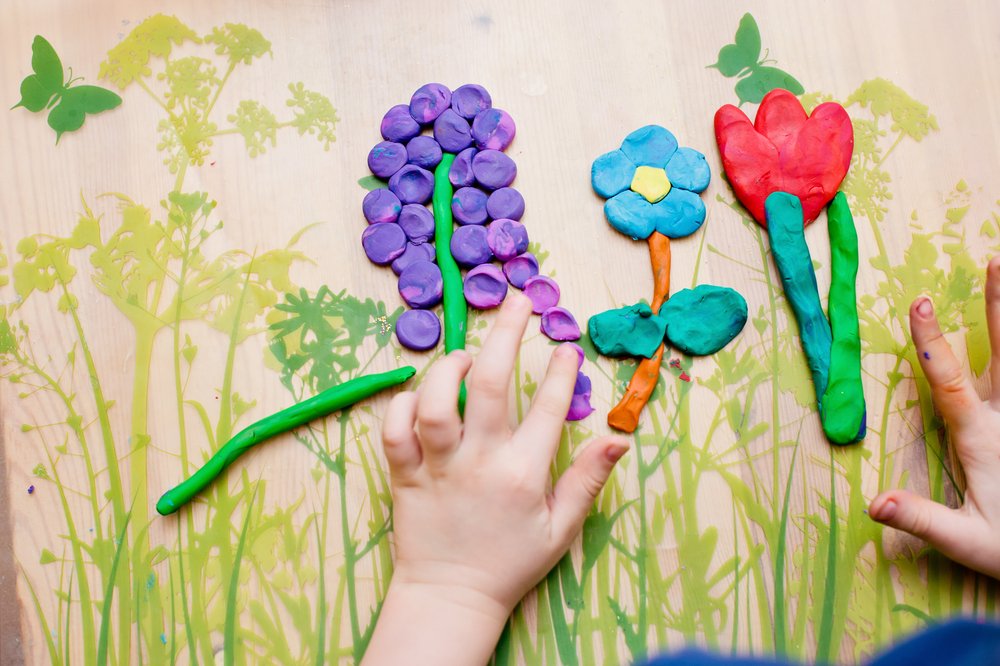
Key points: Hand preference or dominance emerges between 2 and 4 years of age in most children. Hand preference stabilizes…
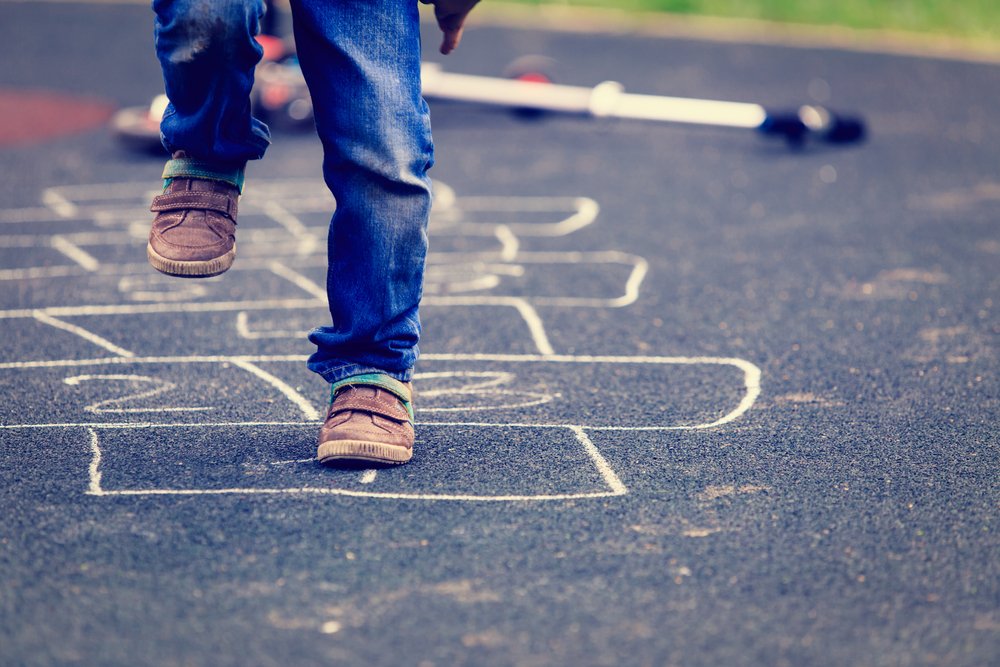
Key points: Physical development includes gross and fine motor skills, involving large and small muscle movements. Milestones like crawling and…

Key points: Object manipulation in early development is crucial for later language, communication, and gestural skills. Exploration of objects is…

Key points: Temperament is innate and can make a child more or less likely to be shy, but can be…
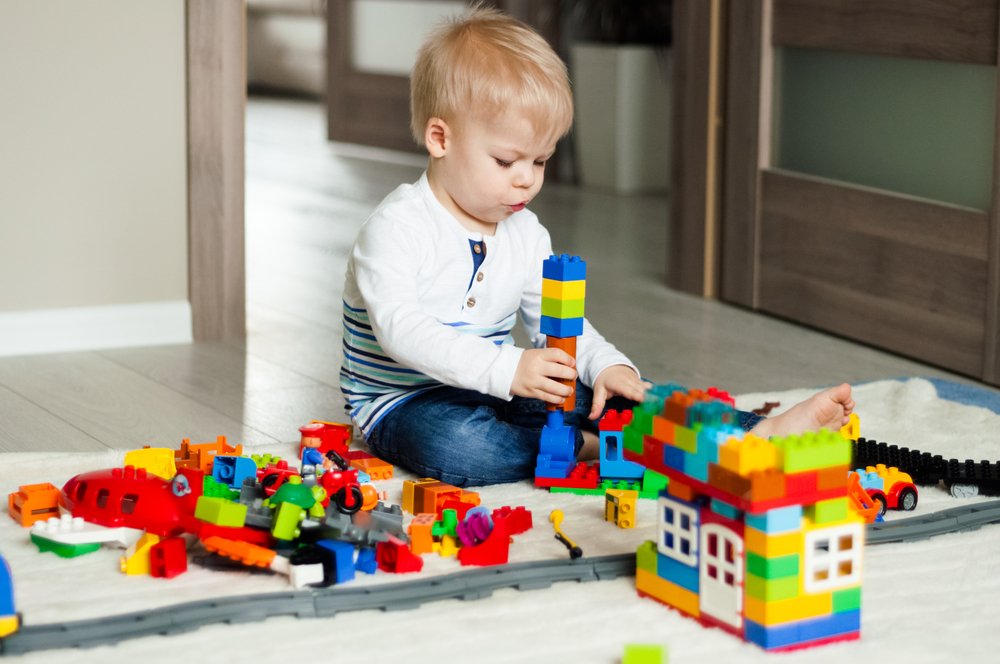
Key points: Your child’s manipulative skills involve using objects to complete tasks and are essential for understanding the world. They…
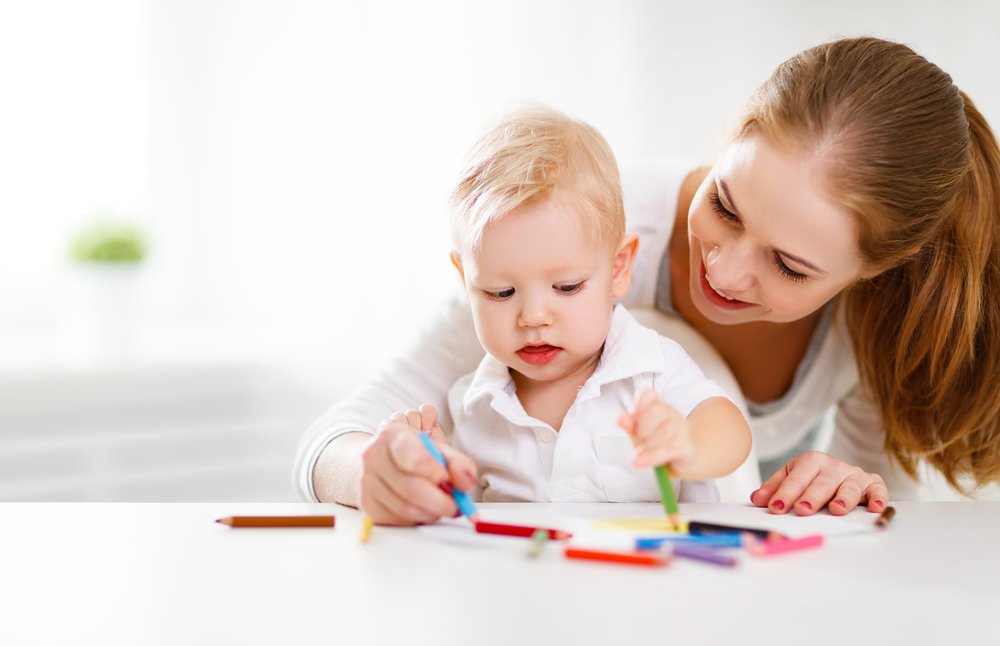
Key points: From birth, your child begins developing hand and finger strength, preparing for tasks like drawing and writing. Motor…

Key points: Fine motor skills are crucial for holding and manipulating objects, which are essential for tasks like writing, buttoning…
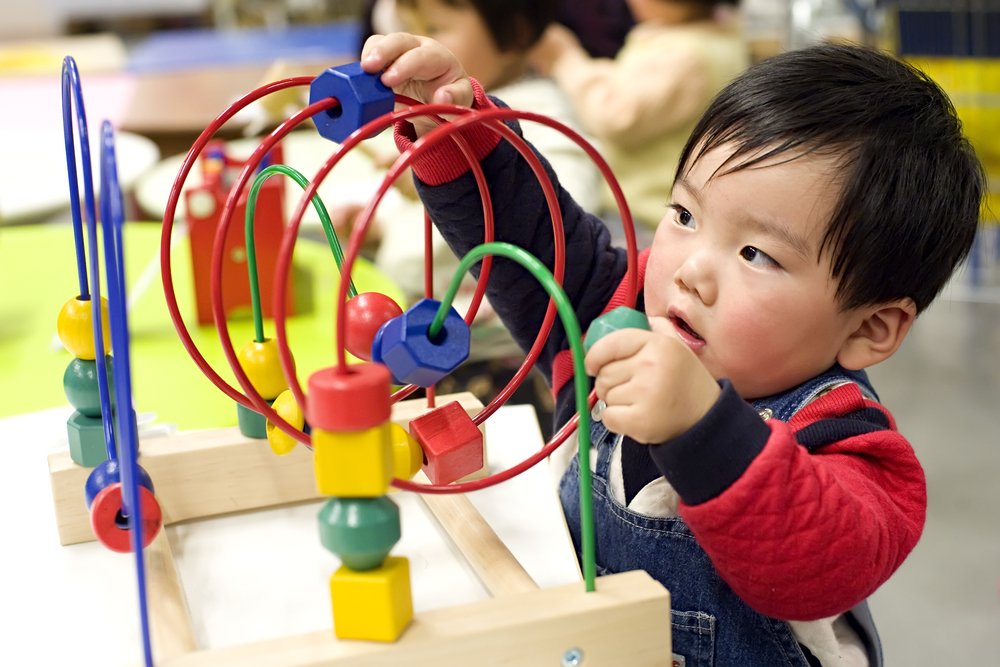
Key points: Hand control and finger strength are essential for your child’s development. Fine motor skills, including finger positioning and…
Subscribe to our newsletter and join Kinedu’s community